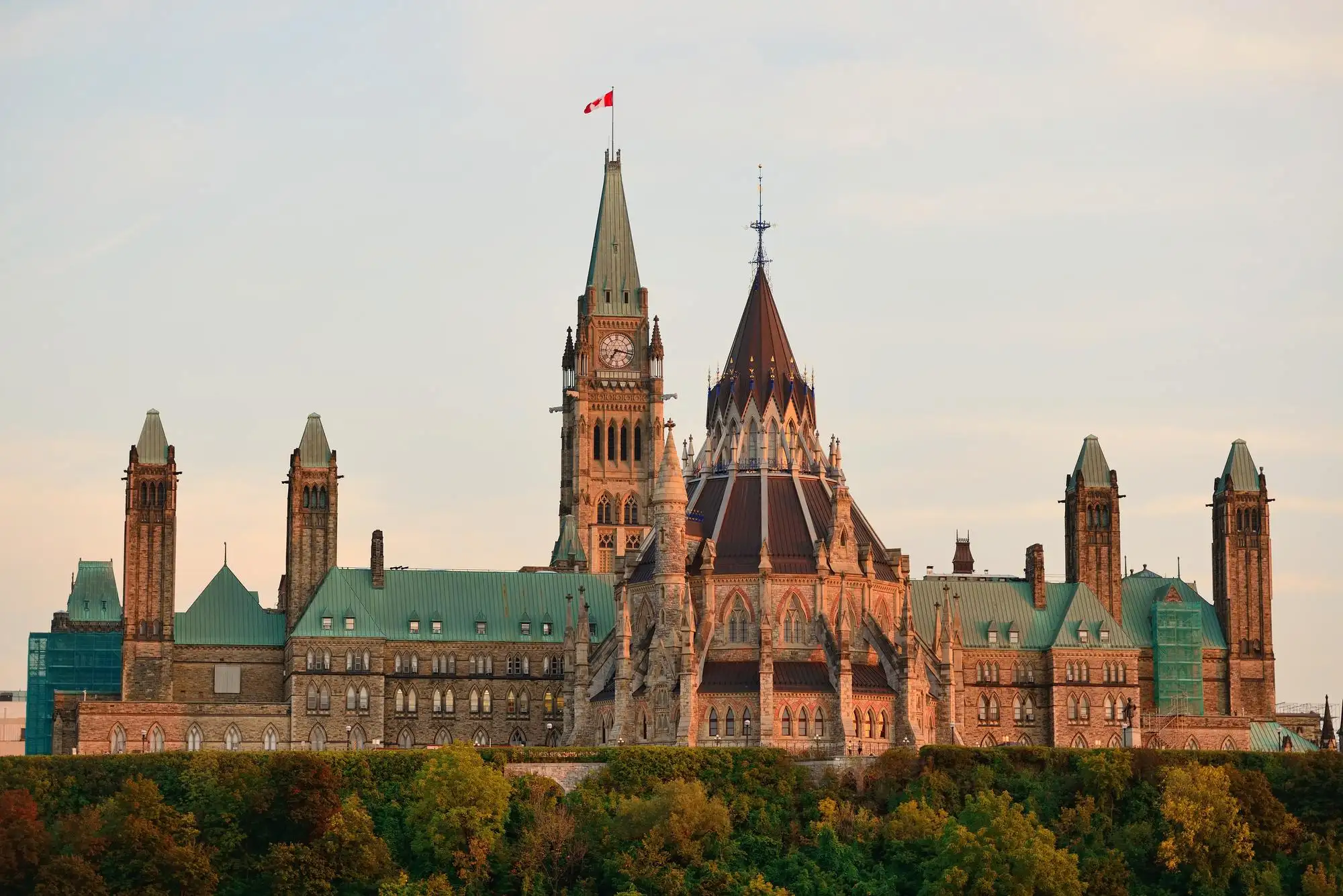On March 11, 2022, the government released a 173-page draft legislation for the up-and-coming luxury tax on vehicles, aircraft, and vessels. These rules are meant to tax you if you purchase luxury cars, airplanes, helicopters, boats, yachts over a certain price.
Instead of combining the legislation as part of the Excise Tax Act, the government created a separate Act called the “Luxury Items Tax Act”.
The tax will start to apply on September 1, 2022.
Here are some quick highlights:
Items subject to tax
- luxury cars and personal aircraft with a retail sales price over $100,000.
- boats, for personal use, over $250,000.
Amount of tax
The tax would be calculated at the lesser of:
- 20% of the value above the threshold ($100,000 for cars and personal aircraft, $250,000 for boats), or
- 10% of the full value of the luxury car, boat, or personal aircraft.
What if I improve an item to make it “luxury”?
Under the draft legislation, a tax appears to apply where improvements are made within a one-year period. The details of how this tax would be calculated is not clear.
Who is responsible for collecting the tax?
Generally, the person who sells the items is responsible for collecting the tax and remitting it to the government.
They must also register for a registration number and file a tax return within one month of the reporting period.
The reporting period is generally on a quarterly basis. The first return is set to be due on January 31, 2023, for the period September 1, 2022 to December 31, 2022.
When is the tax payable?
The tax becomes payable at the time at which the sale is completed. The purchaser pays the seller. The Seller then remits the tax with the tax return on or before the due date. This is similar to GST/HST.
These are just some of the high-level details of the new tax. With legislation this large, there are many nuances that are difficult to cover here. If you have any questions about implementing a system for collecting and remitting this tax to the government, one of our tax consultants on the team will be happy to help you.


